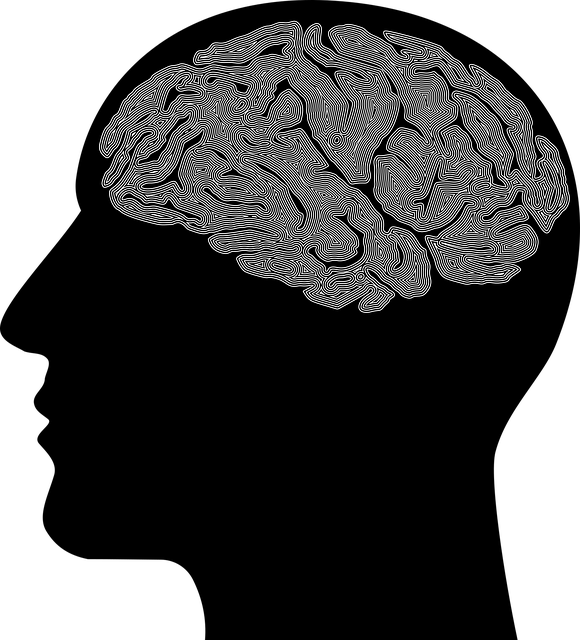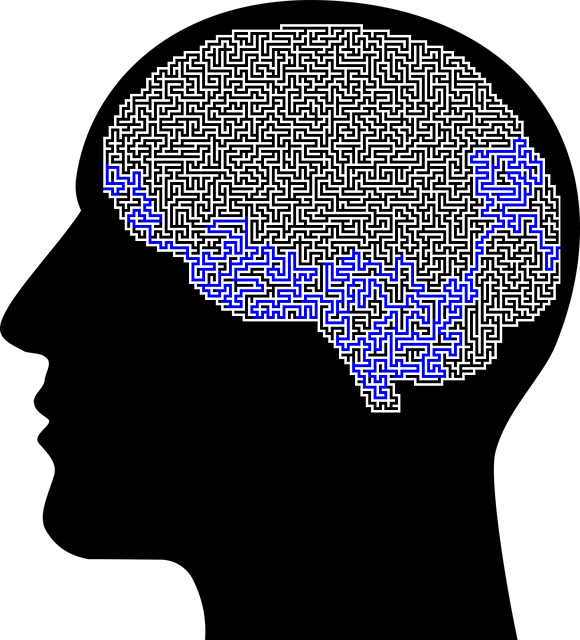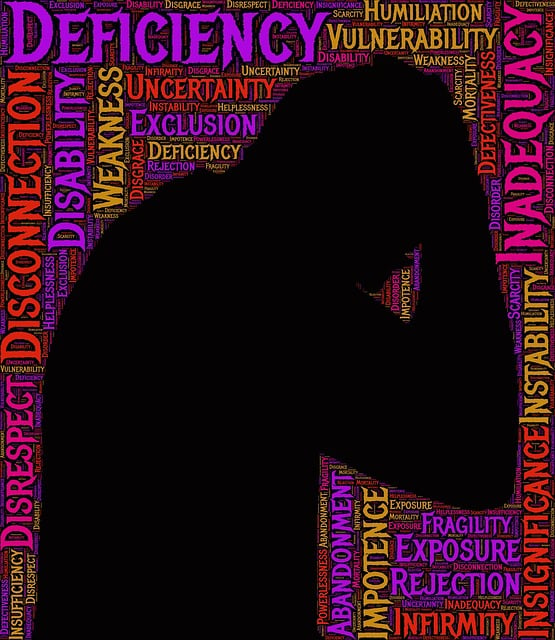Cultural competency is essential for healthcare providers serving diverse communities like Lakewood, addressing not just symptoms but social and psychological factors. Training in this area helps professionals navigate cultural nuances, recognize systemic barriers, and tailor care to individual needs, leading to improved patient satisfaction and inclusive environments. For Lakewood Independent Medical Evaluations Therapy (LIMET), this means integrating cultural sensitivity into assessments and therapy sessions, empowering individuals from various backgrounds through personalized emotional regulation techniques, and fostering trust in mental health care.
- Understanding Cultural Competency in Healthcare: Why It Matters
- The Impact of Training on Provider Bias and Perception
- Practical Strategies for Incorporating Cultural Competence in IM/TH Sessions
- Case Studies: Success Stories from Lakewood Independent Medical Evaluations Therapy
Understanding Cultural Competency in Healthcare: Why It Matters

Cultural competency is a critical aspect of modern healthcare that goes beyond treating symptoms and addresses the social, cultural, and psychological factors influencing a patient’s well-being. It involves understanding and respecting diverse backgrounds, beliefs, and values to provide personalized care tailored to each individual’s unique needs. In a diverse society like Lakewood, where various cultures, ethnicities, and lifestyles coexist, this approach is essential for fostering trust and improving healthcare outcomes.
For healthcare providers, especially those offering independent medical evaluations or therapy services, cultural competency training equips them with the tools to navigate complex interpersonal dynamics. It enables professionals to recognize and appreciate the impact of systemic barriers, unconscious biases, and cultural nuances on a patient’s mental wellness. By integrating resilience-building techniques into their practice, therapists can facilitate anxiety relief and promote holistic mental wellness, catering to the diverse needs of their Lakewood community. This approach not only enhances patient satisfaction but also contributes to creating an inclusive healthcare environment through effective communication and empathetic care.
The Impact of Training on Provider Bias and Perception

Cultural competency training plays a pivotal role in addressing biases that healthcare providers may hold subconsciously. By participating in such programs, professionals like therapists and evaluators from independent medical evaluation centers, such as those in Lakewood, can learn to recognize and mitigate their own cultural prejudices. This process involves delving into personal biases, understanding the impact of societal influences, and developing strategies to foster more inclusive interactions with patients from diverse backgrounds.
The benefits are multifaceted. First, it enhances communication between providers and patients, ensuring that every individual receives care tailored to their unique needs and perspectives. For instance, therapists equipped with cultural competency skills can employ effective stress management techniques that resonate with clients from different ethnic or cultural groups. Moreover, these training programs equip healthcare providers with communication strategies that go beyond basic language proficiency, fostering a deeper understanding of patients’ experiences and perceptions, thereby improving the overall quality of care, including outcomes for Lakewood-based independent medical evaluation services.
Practical Strategies for Incorporating Cultural Competence in IM/TH Sessions

Integrating cultural competence into Independent Medical Evaluations (IM) and Therapy (TH) sessions is a multifaceted approach that begins with education and continues through structured practices. Healthcare providers can enhance their cultural sensitivity by participating in ongoing training programs focused on diverse patient populations, their beliefs, and values. This knowledge forms the foundation for effective communication during assessments and therapy. For instance, understanding cultural nuances related to risk assessment in mental health can prevent misinterpreting a patient’s behavior or symptoms.
Practical strategies include adopting inclusive language that respects individual identities and incorporating patients’ preferred names and terms for conditions. Active listening, coupled with non-judgmental attitudes, allows providers to gather accurate information about patients’ experiences and concerns. Additionally, tailoring communication strategies to suit each patient’s cultural background can improve engagement and trust. By implementing these practices, healthcare professionals in Lakewood can create a more welcoming environment, effectively address burnout prevention strategies, and enhance the overall quality of IM/TH services while ensuring better outcomes for diverse patient communities.
Case Studies: Success Stories from Lakewood Independent Medical Evaluations Therapy

Lakewood Independent Medical Evaluations Therapy (LIMET) has been at the forefront of transforming healthcare delivery through cultural competency training. Their innovative approach has yielded remarkable success stories, as evidenced by their Mental Wellness Podcast Series Production. Through this platform, LIMET shares real-life examples of how their tailored programs have improved patient outcomes and enhanced mental health awareness.
The therapy sessions, focused on emotional regulation techniques, have been instrumental in empowering individuals from diverse backgrounds. By incorporating cultural sensitivity into their practices, LIMET ensures that every patient receives care that respects their unique needs and beliefs. This personalized approach has not only fostered trust but also led to more effective treatment, making them a beacon of hope and a game-changer in the field of mental health.
Healthcare provider cultural competency training is a vital step towards creating a more inclusive and effective healthcare system. As evidenced by case studies like those from Lakewood Independent Medical Evaluations Therapy, comprehensive training can significantly reduce bias and improve patient care. By integrating practical strategies into IM/TH sessions, healthcare providers can better understand and address diverse cultural needs, ultimately fostering a more harmonious and therapeutic environment for all patients.









